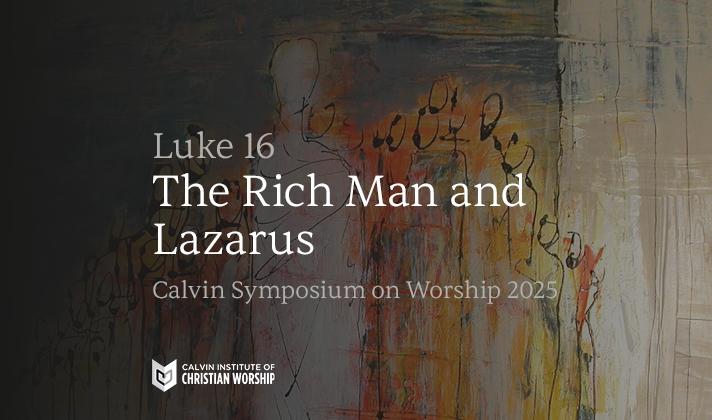Psalm 117
How does this psalm piece interpret the psalm?
Psalm 117 has been my life‚Äôs direction-setting passage for many years, with a clarion call for all people groups to worship the Lord. In this song, languages used include English, Hebrew, Kiswahili, Portuguese, Korean, Spanish, and French. All the language phrases mean ‚ÄúPraise the Lord!‚ÄĚ A Native American flute is also used in addition to global percussion, though those are not necessary to use the song in a church service. Psalm 117 is as significant today as it was thousands of years ago, calling all the ‚Äúethne‚ÄĚ to praise the Lord for God‚Äôs love and faithfulness. We should say or sing this short psalm continually.
To use this song at a church, keep the ‚ÄúHallelujah‚ÄĚ in Hebrew as presented here and ask people in your congregation to sing the phrase in their languages. You do not need to use six in a single service! The idea is to have a few multilingual phrases and melodic phrases that interlock in a pleasing manner.





